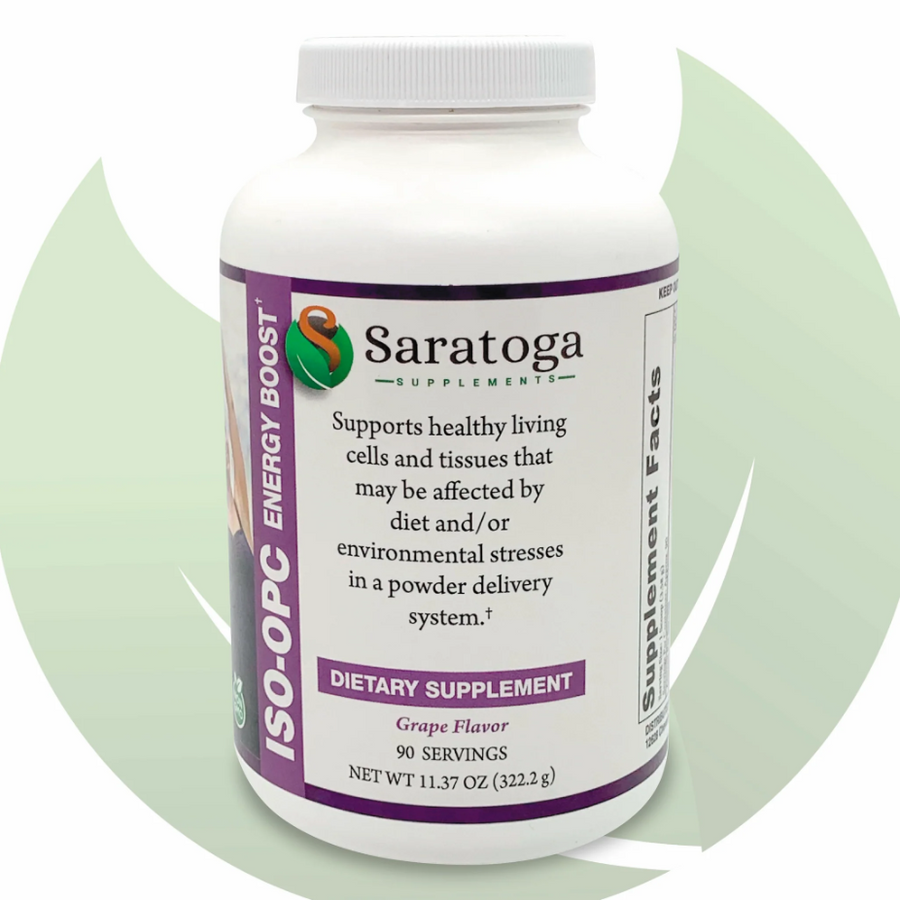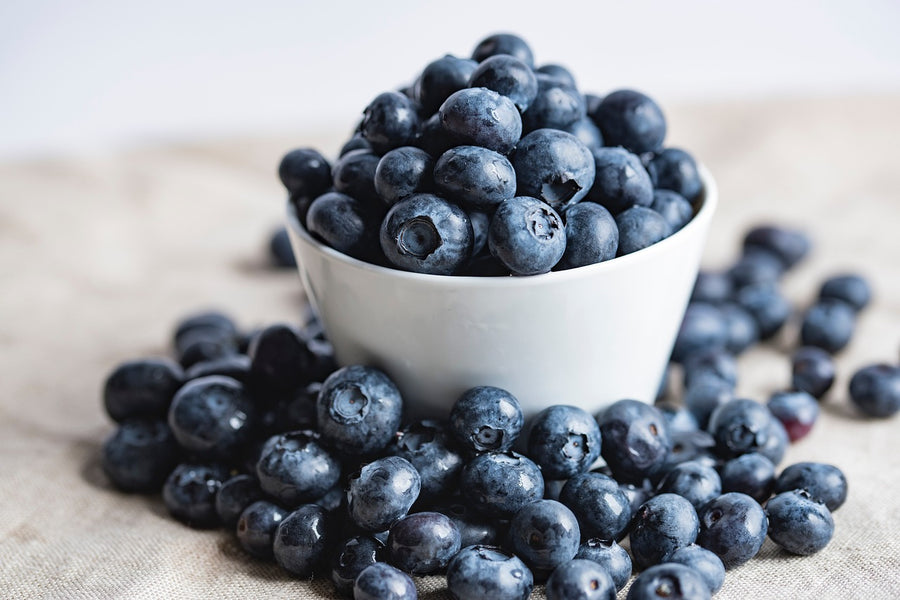The Best Reasons to include Resveratrol In Your Daily Supplements
Resveratrol is part of a group of compounds called polyphenols. They’re thought to act like antioxidants, protecting the body against damage that can put you at higher risk for things like cancer and heart disease.
It’s in the skin of red grapes, but you can also find it in peanuts and berries.
Manufacturers have tried to capitalize on its powers by selling resveratrol supplements. Most resveratrol capsules sold in the U.S. contain extracts from an Asian plant called Polygonum cuspidatum. Other resveratrol supplements are made from red wine or red grape extracts.
Ads touting these supplements on the Internet promise everything from weight loss to a healthier, longer life.
Do resveratrol supplements really deliver on those promises?
Benefits
It’s gained a lot of attention for its reported anti-aging and disease-fighting powers. Still, it’s important to note that while experts agree that it does have potential, there’s still not enough data to confirm its effectiveness. Still, early research does suggest it might help protect you against:
Heart disease: It’s thought to help reduce inflammation, lower LDL or "bad" cholesterol, and make it more difficult for clots to form that can lead to a heart attack.
Cancer: It could limit the spread of cancer cells and start killing them.
Alzheimer's: It may protect nerve cells from damage and fight the plaque buildup that can lead to the disease.
Diabetes: Resveratrol helps prevent insulin resistance, a condition in which the body becomes less sensitive to the blood sugar-lowering hormone insulin. The condition can lead to diabetes.
Researchers believe that resveratrol activates the SIRT1 gene. That gene is believed to protect the body against the effects of obesity and the diseases of aging.
Side Effects
So far, studies have not discovered any severe ones, even when resveratrol is taken in large doses.
However, these supplements might interact with blood thinners like warfarin (Coumadin), and NSAID medications like aspirin and ibuprofen. That may raise your chance of bleeding.
As with other supplements, the FDA doesn't regulate resveratrol. That makes it difficult for consumers to know exactly what they're getting or whether the product is effective. There also isn't any specific dosage recommendation, and how much you should take can vary from supplement to supplement.





